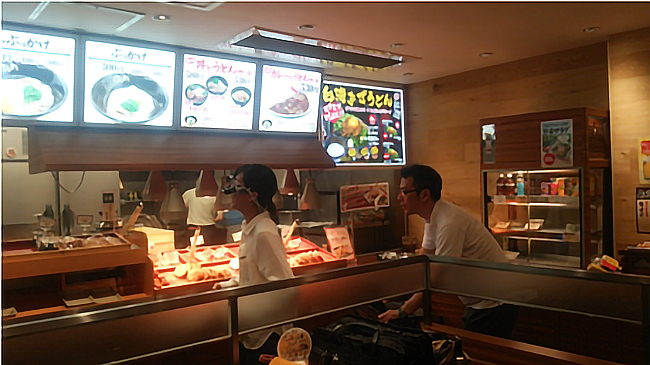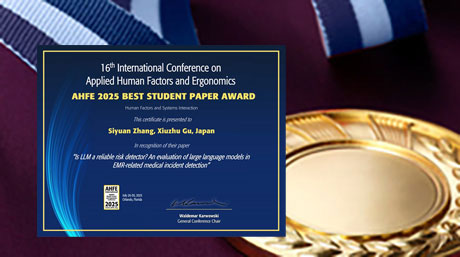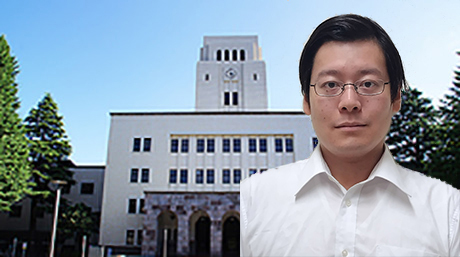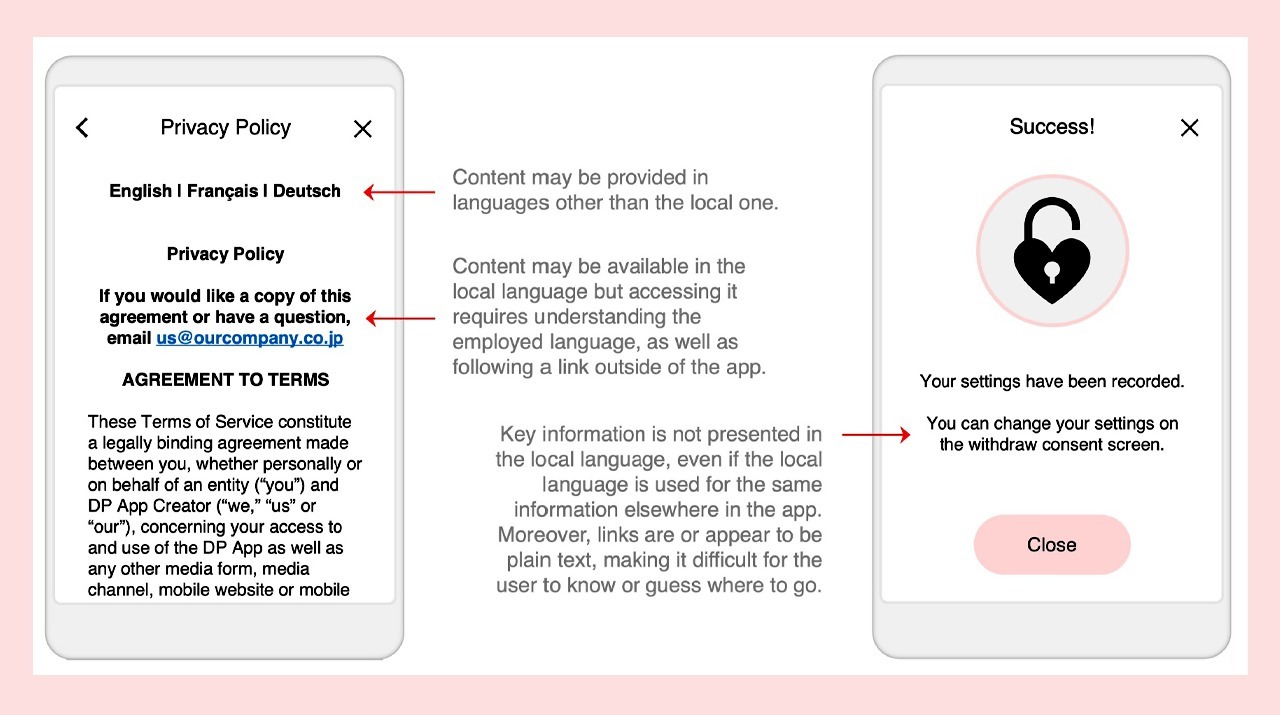Industrial Engineering and Economics News
An interview with Associate Prof. Aoki
We interviewed Dr. Hirotaka Aoki, an Associate Professor in the Department of Industrial Engineering and Economics in the Faculty of Engineering at Tokyo Institute of Technology.

What is your specialty?
Officially, I specialize in cognitive ergonomics, a field of study that critically researches the psychological aspects in human factors and ergonomics. My focus is cognitive task analysis, which is a way of analyzing human behavior, including cognitive processing, by making it visible in some way. I have applied cognitive task analysis to the domains of medicine(expertise and safety research with doctors, nurses, clinical engineers, etc.), consumer behavior and psychology(e.g., purchasing behavior, advertising effectiveness, creativity), and user experience(e.g., system usability, aesthetic evaluation research).
”Officially?” What do you mean by that?
Ah, you noticed that my wording is a bit roundabout, that I didn’t say that "my specialty is cognitive ergonomics." There is a little bit of a catch ... I personally consider my field of expertise to be "modern" Industrial Engineering(IE). But because there is a gap between what I do and the general image of IE, I say that my specialty is cognitive ergonomics when I explain it to others.
Do you know what IE is? IE is an academic field focusing on the methods and technologies for improving economic and labor productivity. It began about 100 years ago with a method and practice that Frederick Taylor called “scientific management.” In general, when people hear the word IE, they tend to think of techniques for improving production sites. But this image is different from my research.
IE has a history of trying to make invisible and elusive production activities visible and understandable, and to create methods and technologies(collectively called “management technologies”)for that purpose. We refer to this history as the development of "visualization methods and technologies.” Yet, society is changing at a rapid pace. Today, there are many different industries and jobs to be done, including those that require a lot of human intellectual power. There are also many different ways of understanding the notion of "productivity" itself.
My goal is to continue the historical efforts of our IE predecessors in developing "visualization methods and techniques" for these diverse modern industries, and to play a key role in the creation of modern IE by doing so. Therefore, I also conduct work centering on non-traditional research subjects, such as production sites. About half of the lectures in our undergraduate class "Industrial Engineering" are about modern IE, so if you are interested to find out more, please take the class.
What do you expect from students working on research in your laboratory?
I want students to be proud of their specialization and research. I want them to be proactive and energetic. I believe students should spend the precious time they have in their 20s with care, and I would like to help them make the most of it.
Finally, what are your aspirations for the future?
Many students in our department choose the path of business rather than research. In our day-to-day practice, those of us specializing as researchers in IE and related academic domains think about what we can do for society, how we can contribute our resources(skills, knowledge, and intellectual curiosity), and what we can do about the difficult real-life problems that we continually face. I aim to provide a space in my lab that encourages such thinking and practice, one in which my students and myself can grow together and be successful no matter what world we eventually find ourselves in.





